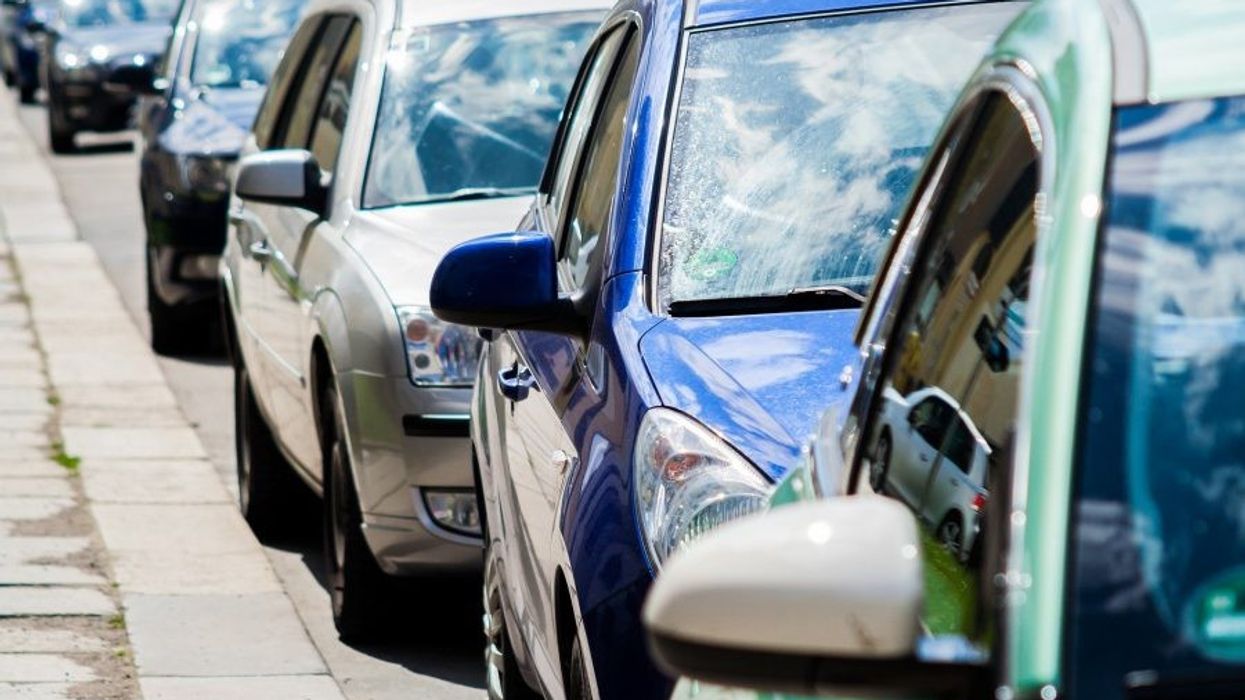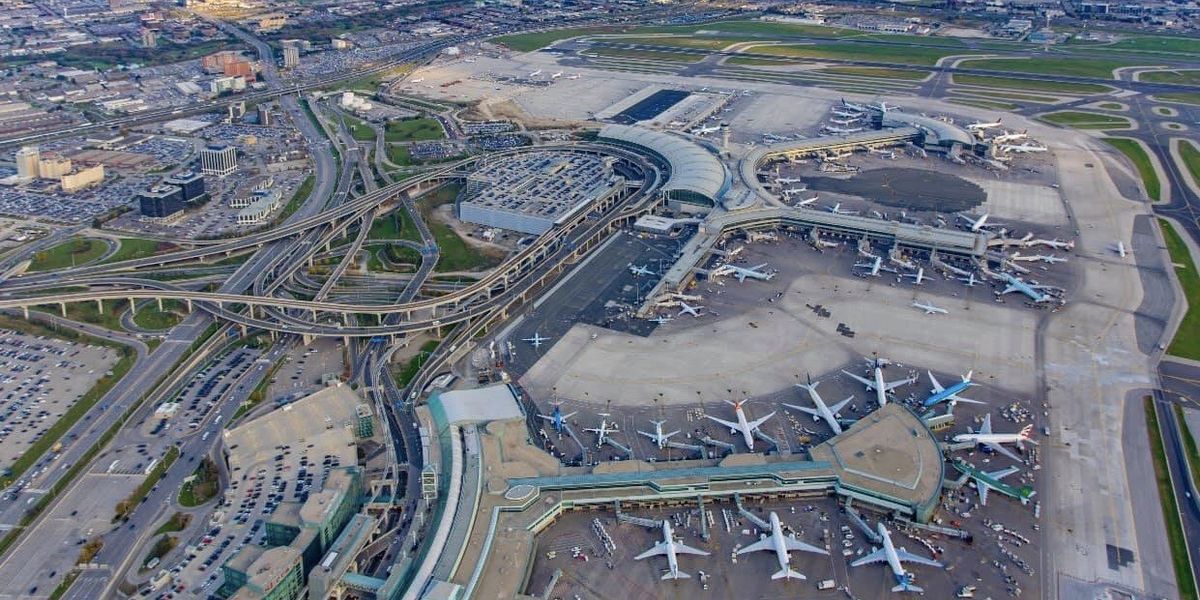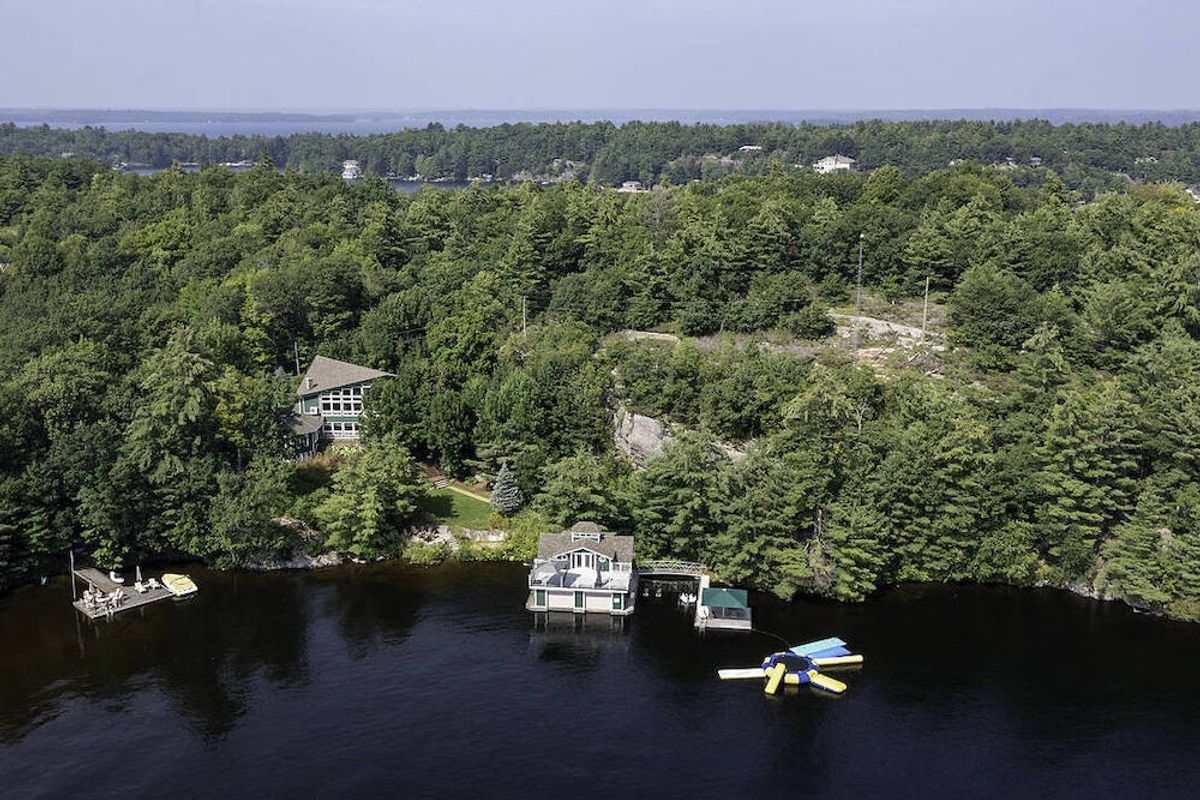This is the way Toronto's new world begins, less with a bang than a whimper. On Tuesday night, city council did what it has never done before and opted to explore road tolls on the Don Valley Parkway and the Gardiner Expressway. The vote, 32 to 9, means that by 2024 at the latest, it will cost between $2 and $5 to drive on those highways.
The motion, championed by Mayor John Tory, prompted much hand-wringing from council dinosaurs and provincial politicians but in the end it received overwhelming support. Though Tory has long opposed road tolls — once calling them “highway robbery” — Toronto's desperate financial situation clearly forced a welcome change of mind. What made them appealing to the chief magistrate and his council colleagues was the $200 million to $500 million they could raise annually.
“We are now ... on the verge ... to at least begin to make a solid start on answering the question,” Tory told council ahead of the vote. “How are we going to pay for the transit that we so badly need, to fix the traffic and to make sure the economy stays strong?”
Brave words, but as critics rightly pointed out, road tolls, as radical as they may seem in a city where the car is king, simply won't be enough to fill the enormous funding gap that keeps Toronto from fulfilling its transit needs.
“I think road tolls are a distraction,” said Franz Hartmann, director of the Toronto Environmental Alliance. “They are meant to distract us from the fact that the mayor's executive committee did not deal with the city's fiscal crisis. In principle road tolls are a great idea but they don't raise enough money. Even worse, there won't be any relief until 2020 if then and probably not until 2024.”
Arguing that road tolls are inadequate, North Toronto councillor Josh Matlow proposed the city seek a portion of other more lucrative taxes. “I'd like to see Toronto and its regional neighbours be provided with two points of the sales tax,” he said. “That would raise a healthy $500 million a year.”
Even better would be civic access to income tax, but that's not about to happen any time soon in Canada although numerous cities in the U.S. and Europe are funded that way.
“We have to start treating taxpayers as investors,” Matlow said, “use their money to build evidence-based infrastructure. We've got to show them the dividends.”
Though Matlow and Hartmann are right, council's acceptance of road tolls marks the start of a new era not just for Toronto but this country. Now that Canada's largest and most powerful city has crossed this line, other communities are bound to follow. The fear of commuter backlash hasn't evaporated, but from today on politicians — even those as conventional and conservative as John Tory — will be more willing to risk their career on user fees for drivers. Until now, received wisdom has had it that measures such as this were political suicide.
Certainly, that has been the assumption of any number of politicians, no one more so than council's self-appointed fool, Giorgio Mammoliti. At one point, council speaker Frances Nunziata called him “disgusting.” She was right. Later he got into a shouting match with Tory for which he had to apologize. Such aggressive stupidity is rare even at Toronto city council.
Mammoliti's allies, including the deeply unimpressive Etobicoke councillors, Stephen Holyday and Mike Ford, spouted the usual right-wing nonsense, but to no avail.
Things weren't much better at Queen's Park, where Conservative and NDP leaders Patrick Brown and Andrea Horwath both revealed themselves hopelessly out of touch with the urban realities of 21st-century Toronto. In both cases, rejecting road tolls was an ill-advised stance that rendered them irrelevant to civic politics.
It remains to be seen how Tory will fare when he stands for re-election in 2018, but chances are he will gain as many voters for road tolls as he will lose. A poll taken just weeks ago found that 46 per cent of Torontonians support tolls, 45 per cent are opposed. Clearly, public opinion has evolved even if many politicians remain rooted in the past.
At the same time, however, council rejected a proposal to resurrect a vehicle registration fee like the one adopted under David Miller's regime, then killed by Rob Ford.
The backdrop to Tuesday's vote, let's not forget, is a city with an operating shortfall of $91 million and $33 billion worth of unfunded capital projects. Still, although Tory's argument that money raised by road tolls would be used for transit infrastructure is laudable, his projects aren't. His one-stop Scarborough subway and rebuilt Gardiner are indefensible exercises in crass political pandering.
But long after such harebrained schemes are dead and buried, road tolls will be alive and well. They are here to stay. Not only will they help top up municipal coffers, they will also allow cities to exert greater control over congestion, which costs Toronto an estimated $10 billion annually.
Details still have to be worked out, but the first step — the hardest — has been taken. It took longer than expected, but there can be no going back now.





















